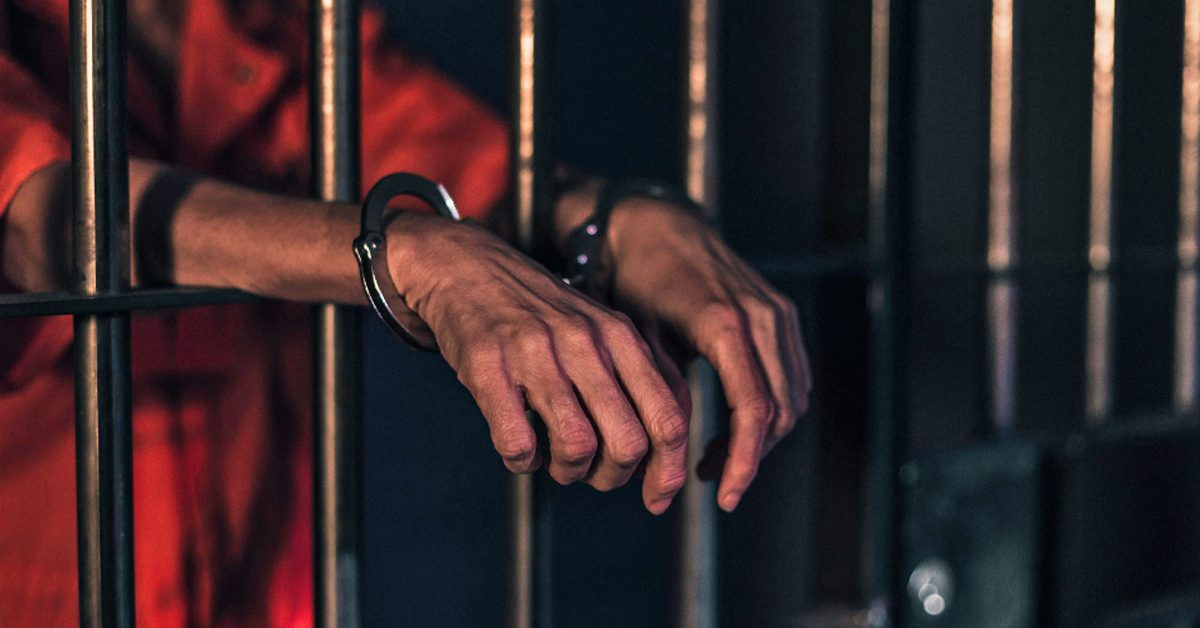A new bill in Arkansas is making its way through the state legislature that could allow voters to decide whether to fully abolish slavery in the state. Right now, slavery is still allowed as punishment for a crime, meaning that people incarcerated in prison can be forced to work without getting paid. If the bill is passed and voters approve it, this would mean that inmates would have to be paid for the work they do.
The bill is being sponsored by Rep. Jay Richardson, a Democrat from Fort Smith. He explained that incarcerated people should not be treated like indentured servants. Even though they are in prison, they still contribute to the economy through their labor, and they should be compensated for it.
Under the current law, the 13th Amendment of the U.S. Constitution abolished slavery, but there is an exception that allows slavery as punishment for crimes. This exception has been used to exploit people who are incarcerated, particularly Black people. Research by The Sentencing Project shows that Black Americans are incarcerated at nearly five times the rate of white Americans.
This loophole in the law has allowed states to pass discriminatory laws, such as the Black Codes and Jim Crow laws. These laws criminalized basic activities, making it easier to imprison Black people, who were then subjected to forced labor. Advocates believe that this system has contributed to the racial disparities we see in the U.S. prison system today.
In recent years, a number of states that continued to allow this exception have worked to abolish slavery completely. In 2022, voters in Alabama, Tennessee, Vermont, and Oregon all voted to remove language from their state constitutions that allowed slavery in some cases. These states took steps to ensure that incarcerated people would no longer be forced to work without pay.
In Arkansas, currently, incarcerated people are not paid for the work they do in the state’s prison system, which includes both the Department of Corrections and Correctional Industries programs. However, those who work directly for private companies while in prison are required to be paid at least the minimum wage.
States can also sell prison labor or goods made by inmates to private companies, and the revenue generated can be used to support the prison system. According to Wanda Bertram, a spokesperson for the Prison Policy Initiative, about half of all incarcerated individuals in the U.S. have some form of work assignment within the prison system.
The bill moving through the Arkansas legislature is a continuation of a conversation that has been ongoing for years. A similar bill was introduced in 2023, but it did not make it out of committee. This year, however, the bill is receiving more attention, and if it is passed by the state legislature, it would go to voters to decide whether they want to fully abolish slavery in the state.
If the bill is passed and voters approve it, inmates would not necessarily be paid the state’s minimum wage, but the state would be required to set rules for how much they would be paid for their work. The goal is to ensure that incarcerated individuals are paid fairly for the labor they provide, just like any other worker in the state.
In the past, the idea of paying inmates for their labor has been controversial. Some argue that since incarcerated people are being punished, they should not be entitled to wages for their work. However, others argue that this view ignores the fact that prison labor often contributes to industries and companies that profit from it. For example, companies can sell goods made by inmates to the public, and the state benefits from this labor, yet the workers themselves receive no compensation.
Rep. Richardson’s bill seeks to change this system. By ensuring that inmates are paid for their work, the bill would help bring Arkansas in line with other states that have already moved to abolish slavery in all forms, including as punishment for crimes. Advocates for criminal justice reform believe that this is an important step toward addressing the exploitation of incarcerated people, particularly Black Americans, who are disproportionately affected by the criminal justice system.
While the bill would require voters to approve the measure, it is seen as a necessary step in addressing the historic legacy of slavery and racial inequality in the U.S. prison system. If passed, this bill could have far-reaching implications, not only in Arkansas but also across the country, as other states may follow Arkansas’ example and work to end prison labor exploitation.
As this bill makes its way through the Arkansas legislature, it is clear that the debate over prison labor and slavery is far from over. However, with growing support for reform and greater attention being paid to the issue, Arkansas may soon become the latest state to take a step toward fully abolishing slavery in all its forms.
Disclaimer: This article has been meticulously fact-checked by our team to ensure accuracy and uphold transparency. We strive to deliver trustworthy and dependable content to our readers.

